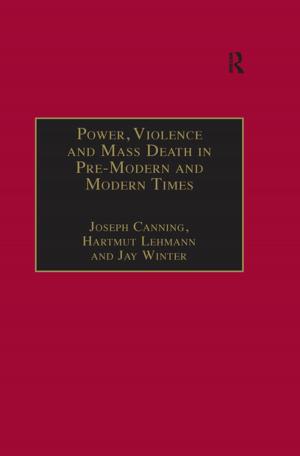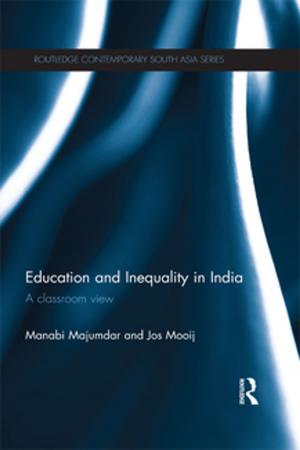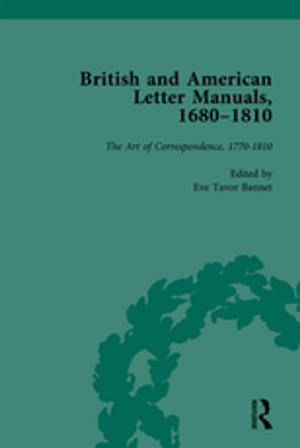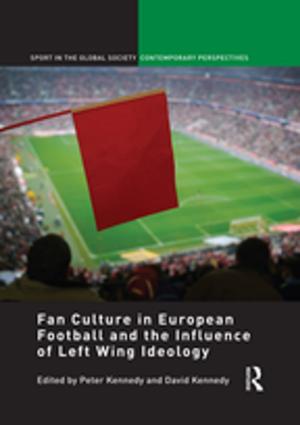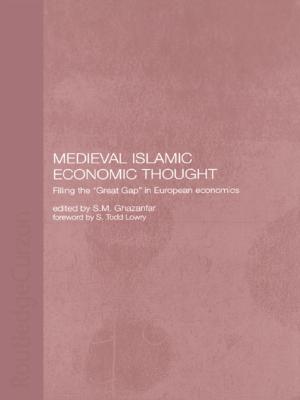| Author: | Keith Hebden | ISBN: | 9781317154952 |
| Publisher: | Taylor and Francis | Publication: | May 13, 2016 |
| Imprint: | Routledge | Language: | English |
| Author: | Keith Hebden |
| ISBN: | 9781317154952 |
| Publisher: | Taylor and Francis |
| Publication: | May 13, 2016 |
| Imprint: | Routledge |
| Language: | English |
A second generation of emerging Dalit theology texts is re-shaping the way we think of Indian theology and liberation theology. This book is a vital part of that conversation. Taking post-colonial criticism to its logical end of criticism of statism, Keith Hebden looks at the way the emergence of India as a nation state shapes political and religious ideas. He takes a critical look at these Gods of the modern age and asks how Christians from marginalised communities might resist the temptation to be co-opted into the statist ideologies and competition for power. He does this by drawing on historical trends, Christian anarchist voices, and the religious experiences of indigenous Indians. Hebden's ability to bring together such different and challenging perspectives opens up radical new thinking in Dalit theology, inviting the Indian Church to resist the Hindu fundamentalists labelling of the Church as foreign by embracing and celebrating the anarchic foreignness of a Dalit Christian future.
A second generation of emerging Dalit theology texts is re-shaping the way we think of Indian theology and liberation theology. This book is a vital part of that conversation. Taking post-colonial criticism to its logical end of criticism of statism, Keith Hebden looks at the way the emergence of India as a nation state shapes political and religious ideas. He takes a critical look at these Gods of the modern age and asks how Christians from marginalised communities might resist the temptation to be co-opted into the statist ideologies and competition for power. He does this by drawing on historical trends, Christian anarchist voices, and the religious experiences of indigenous Indians. Hebden's ability to bring together such different and challenging perspectives opens up radical new thinking in Dalit theology, inviting the Indian Church to resist the Hindu fundamentalists labelling of the Church as foreign by embracing and celebrating the anarchic foreignness of a Dalit Christian future.



